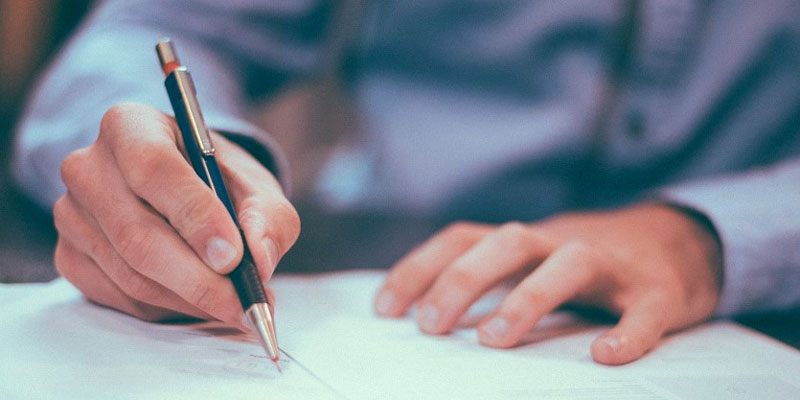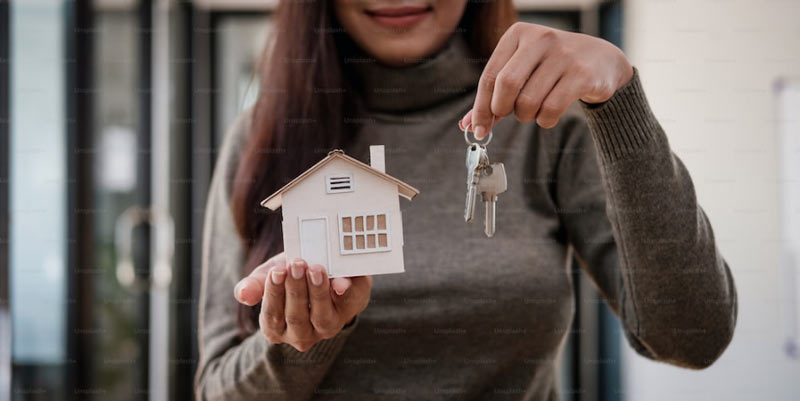Home Buying Checklist For First-Time Home Buyers
Jan 05, 2024 By Susan Kelly
Are you ready to take the plunge and become a homeowner? Owning a home is undoubtedly an exciting prospect but it can also be very intimidating. After all, countless details associated with buying a home can initially seem overwhelming. To make the process smoother for first-time buyers, we have compiled this comprehensive Home Buying Checklist.
We cover everything from setting your budget to enlisting professional help, providing guidance on what documents you need when signing contracts to understanding closing costs and beyond. So go ahead and read through our checklist – you'll soon feel confident in your decisions.
Research the Market and Determine What Type of Home you can Afford

Research the market and identify what type of home is within your budget. Consult a mortgage lender or broker to determine how much you can spend on a house. It would help if you also considered other costs associated with buying a home, such as property taxes, insurance, closing costs, etc. Consider using online tools or speaking to experts to refine your search parameters.
Make a budget to determine your financial resources and loan size
Create a budget to determine how much you can spend on the home purchase. When creating this budget, you should include your income sources, expenses, debts, and other financial obligations. Once it is finalized, use it to determine the loan size you can take out. Be sure to factor in any additional costs associated with buying a home, such as homeowners association fees, moving costs, and repairs.
Checklist Items for First-Time Home Buyers
- Research the Market – Identify the home type within your budget and research local housing markets to understand trends.
- Make a Budget – Create a budget that considers your income sources, expenses, debts, and other financial obligations.
- Determine Loan Size – Use your budget to decide how much you can spend on purchasing a home and factor in additional costs such as homeowners association fees, moving costs, and repairs.
- Get Preapproved for a Mortgage – Speak with multiple lenders or brokers to find the best loan options for your situation.
- Find A Real Estate Agent – Look for an experienced agent who knows the area you're buying in and can advise you on the best way to purchase a home.
- Start Your Home Search – Make sure that your search is realistic and consider factors such as location, size, condition of the home, etc.
- Do Home Inspections – Before making an offer on a home, hire a professional inspector to check over the property to ensure it meets all safety requirements and is in good condition.
- Make an Offer – Work with your real estate agent to make an offer that is within your budget and fair for the seller.
- Get Final Documents Ready – Prepare all relevant documents required for signing contracts, including proof of finances and evidence of insurance coverage if necessary.
- Understand Closing Costs – Speak with your lender to understand any additional costs associated with the home purchase, such as closing fees, transfer taxes, title search fees, and more.
- Review the Contract – Carefully review the purchase contract with your real estate agent before signing to ensure all details are correct and you understand all terms.
- Get Home Insurance Quotes - Shop around for home insurance quotes to ensure you get the best rates available.
- Schedule a Closing Date - Coordinate with your real estate agent, lender, and title company to schedule a closing date when all parties can meet to sign contracts and transfer ownership of the property.
- Final Walkthrough - Before finalizing the sale, arrange for one last walkthrough of the property to confirm everything is in order and that there are no unexpected changes since you signed the initial contract.
By following this checklist, first-time home buyers can ensure they are well-prepared for home-buying and make decisions that will benefit them in the long run. Owning a house is a major financial commitment, but it doesn't have to be overwhelming—as long as you come prepared.
Advantages of Being a First-Time Home Buyer
- Lower Down Payment: As a first-time home buyer, you may be eligible for special financing programs that require lower down payments than the standard 20%. This can help make homeownership more affordable.
- Tax Breaks: You may qualify for certain tax breaks, such as the first-time homebuyer credit, which provides a one-time refundable tax credit of up to $8,000.
- Home Buyer Education Courses: Many local governments and lenders offer free or discounted classes on the basics of homeownership for first-time buyers.
- Low-Interest Rate Loans: First-time homebuyers are often offered loan products with lower interest rates than other buyers.
- Special Programs: Many local governments and lenders offer special programs for first-time homebuyers, such as no-interest loans, deferred-payment loans, down payment assistance grants, and other incentives.
- Opportunity to Build Equity: Owning a home provides an opportunity to build equity over time and create long-term wealth. With the rising rent costs, home buying is often more cost-effective in the long run.
- Stability: Owning a home provides more stability and security than renting, as you will not be subject to rent increases or potential evictions. It also gives you more control over the design and maintenance of your property.
By taking advantage of the special programs and incentives available to first-time homebuyers, you can make it easier to get on the path to homeownership. With careful planning and research, you can make an informed decision that is right for your financial situation. Buying a house is a big commitment, but it doesn't have to be intimidating—follow this checklist, and you'll soon feel confident in your decisions.
FAQS
How much can I afford to spend on a home?
The amount you can afford to spend on a home will depend on several factors, including your income, existing debts, and other financial obligations. It is important to create a budget that considers all of these factors so you can determine how much money you have available to purchase a home.
How do I know if I qualify for a mortgage?
Lenders typically require a good credit score and sufficient income to qualify for a mortgage. You may need to provide proof of income and assets to demonstrate your ability to make the monthly payments associated with the loan.
What are the other costs of buying a home that I need to be aware of?
There are other costs besides the down payment and mortgage when purchasing a home. These include closing costs, transfer taxes, title search fees, homeowners association fees, moving expenses, inspection fees, and repairs. It is important to factor all of these into your budget when determining how much you can afford to spend on a home.
Conclusion
The process of buying a home can seem intimidating for first-time home buyers. However, with proper knowledge and preparation, navigating the world of home buying can be more manageable than some may think. By reviewing this Home Buying Checklist For First-Time Home Buyers, helpful advice can be found on how to properly plan for the big milestone that comes with homeownership. From getting pre-approved to negotiating closing costs, this checklist will provide a valuable guide throughout your home-buying journey.
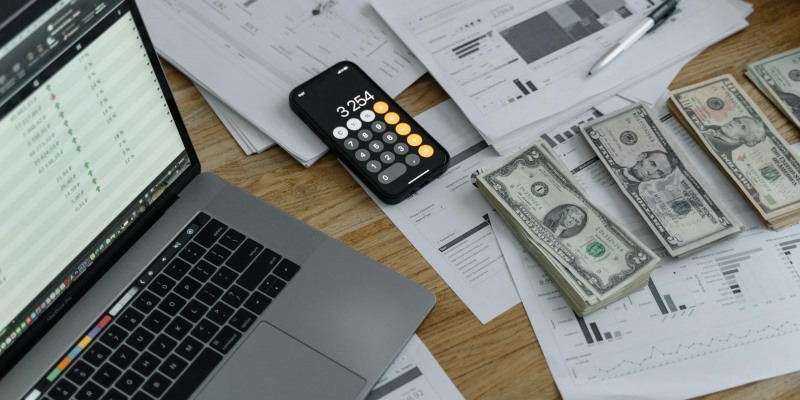
The Dollar Peg: How It Works and Why It's Done?

How much does a married couple need to retire at 55?

What is Accredited in Business Valuation (ABV) and How to Pass Exam
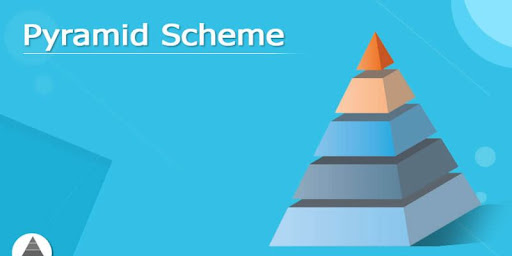
Understanding Pyramid Schemes
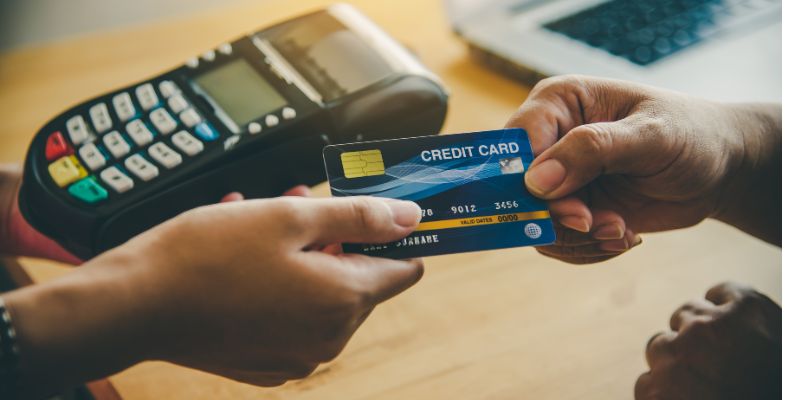
Credit Card Tips For Beginners

What Is a Mixed Economy? Finding Balance in Economic Systems

The Ripple Effect: How Your Bad Credit Can Shape Your Kids' Tomorrow

A Guide on What Is a Credit Freeze and All that You Should Know About It

What are the Most Exceptional International Small-Cap Funds
